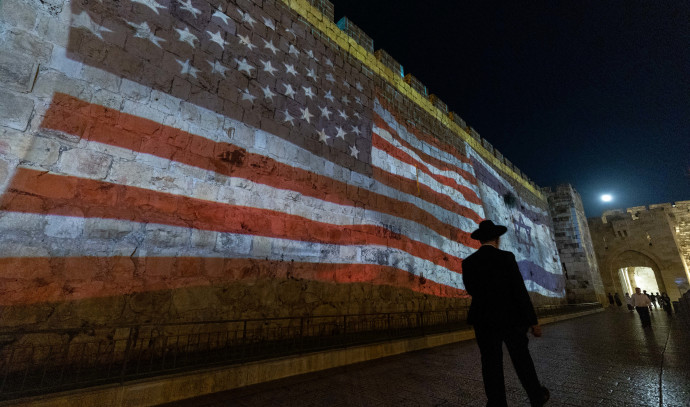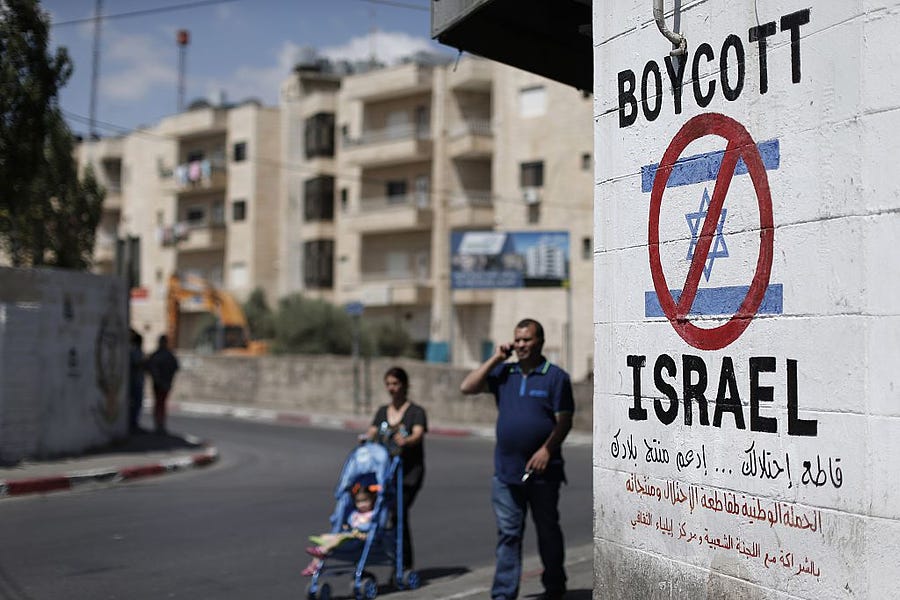Mindful
Diamond Member
- Banned
- #10,141
It has been well over a month since the antisemitic Mapping Project was first publicized. And we still do not really know is truly behind it. True, many different groups, such as BDS Boston, have promoted it, but have claimed they did not create it. The question remains: who did?
One moment, please...
www.israellycool.com



